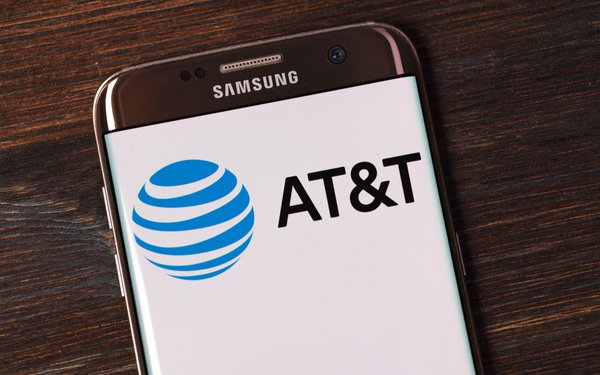Appellate Court Turns Away AT&T In Battle Over DirecTV Robocalls
- by Wendy Davis @wendyndavis, November 23, 2020

Handing AT&T a defeat, a federal appellate court on Monday refused to reconsider a prior ruling that requires DirecTV to face a lawsuit alleging it violated a consumer protection law by making robocalls to a consumer's cell phone.
As is customary, the 9th Circuit Court of Appeals didn't give a reason for its decision to reject AT&T's petition for a new hearing.
It's not yet clear whether AT&T will ask the Supreme Court to intervene in the matter. A spokesperson says the company is considering its options, and that it complies with the anti-robocalling law and disputes the claims in the lawsuit.
The battle dates to 2018, when Jeremy Revitch alleged in a class-action class-action complaint that AT&T's DirecTV violated the Telephone Consumer Protection Act by using an autodialer to make unsolicited marketing calls to his mobile phone.
AT&T argued Revitch couldn't proceed in court because he was an AT&T subscriber, and AT&T's terms of service require arbitration of disputes involving itself as well as any affiliates.
A divided panel of the 9th Circuit ruled 2-1 in September that the lawsuit wasn't covered by AT&T's arbitration requirement, because Revitch agreed to AT&Ts terms of service in 2011 -- four years before AT&T acquired DirecTV.
AT&T then sought a new hearing, in front of a larger panel of 9th Circuit judges.
Among other arguments, AT&T said the original decision reflects “a decidedly hostile view of arbitration.”
The company also argued that a different appellate court, the 4th Circuit Court of Appeals, ruled that contractual agreements requiring arbitration of disputes with “affiliates” includes affiliates acquired after the contract takes effect.
The 9th Circuit said Monday that the two judges who originally ruled against AT&T sided against granting a new hearing, and that none of the court's judges had requested a vote on the company's request for reconsideration.


